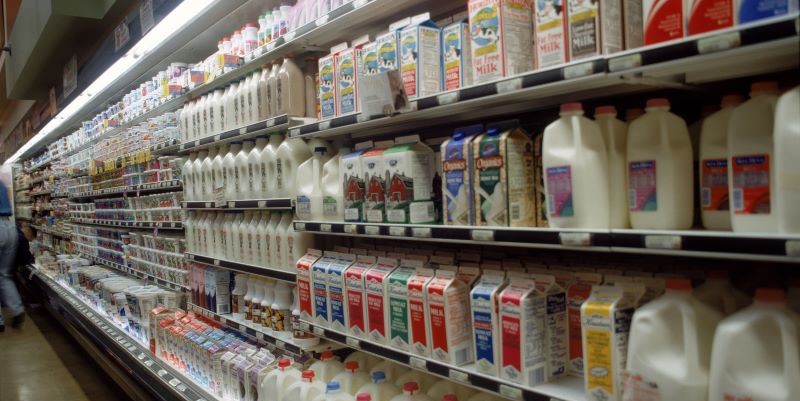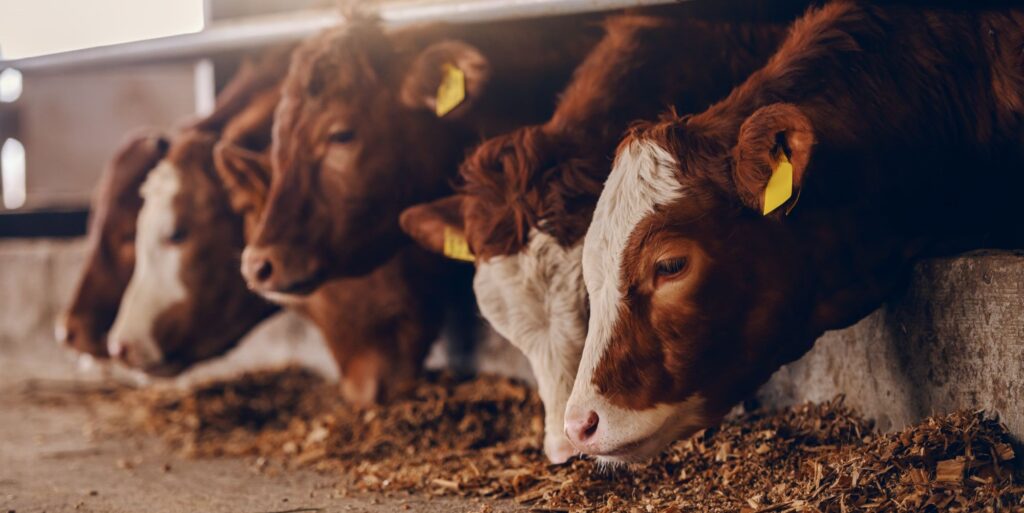Hong Kong has banned poultry imports from several countries
H5N1 avian influenza-related trade restrictions evoke memories of supply chain meltdowns during early COVID-19, but Hong Kong’s ban on poultry imports from some countries does not reflect a change in the threat posed by food. The actions are a reminder that restrictions can be issued for both safety and political reasons.
On May 27, the Centre for Food Safety in Hong Kong announced a ban on poultry meat and egg imports from several countries, including the US, citing the risk posed by H5N1 avian influenza. Within hours, Macau, another special administrative region of China, issued a similar announcement, which, while not as direct as Hong Kong’s announcement, also implied an immediate ban on US poultry imports.
Context matters at the intersection of public health, trade, and politics
Historical context is important to understand the current situation. In 2015, following a similar period of heightened global awareness of avian influenza, Hong Kong announced a comparable ban on US poultry products, which was part of a broader Chinese ban on US poultry products. The restrictions lasted nearly five years, far exceeding the period of heightened bird flu activity used to justify the ban. Since then, China has issued numerous shorter bans on poultry imports during periods of US avian influenza outbreaks. While Chinese imports of US poultry products account for less than 1% of US to China export value, it does equate to over $1 billion annually for US farmers.
While long-term public health risks from avian influenza are real and growing, the immediate risk from the food supply is small. When outbreaks in poultry facilities are handled properly, the risk of avian influenza entering the food chain is negligible. Additionally, import bans are sometimes used for political reasons. In addition to protectionism, import bans can frame a disease as a foreign threat to the domestic audience. Given that Hong Kong’s 1997 H5N1 cases represent the first example of a purely avian virus causing respiratory disease and death in humans, the new ban is inconsistent with the known ecology of avian influenza viruses.

Don’t let hype or politics distort your risk assessments
Media attention and dramatic headlines can bring attention to the wrong risks, and threaten your bottom line. PHC Global understands businesses need expert-grounded assessments. We combine expertise, data, and technology to give you the insight you need to focus on the real threats to business continuity.
Sign up for a free trial of PHC Pharos today and equip your business with the tools needed for an ever-changing world to protect your people, assets and revenue.



